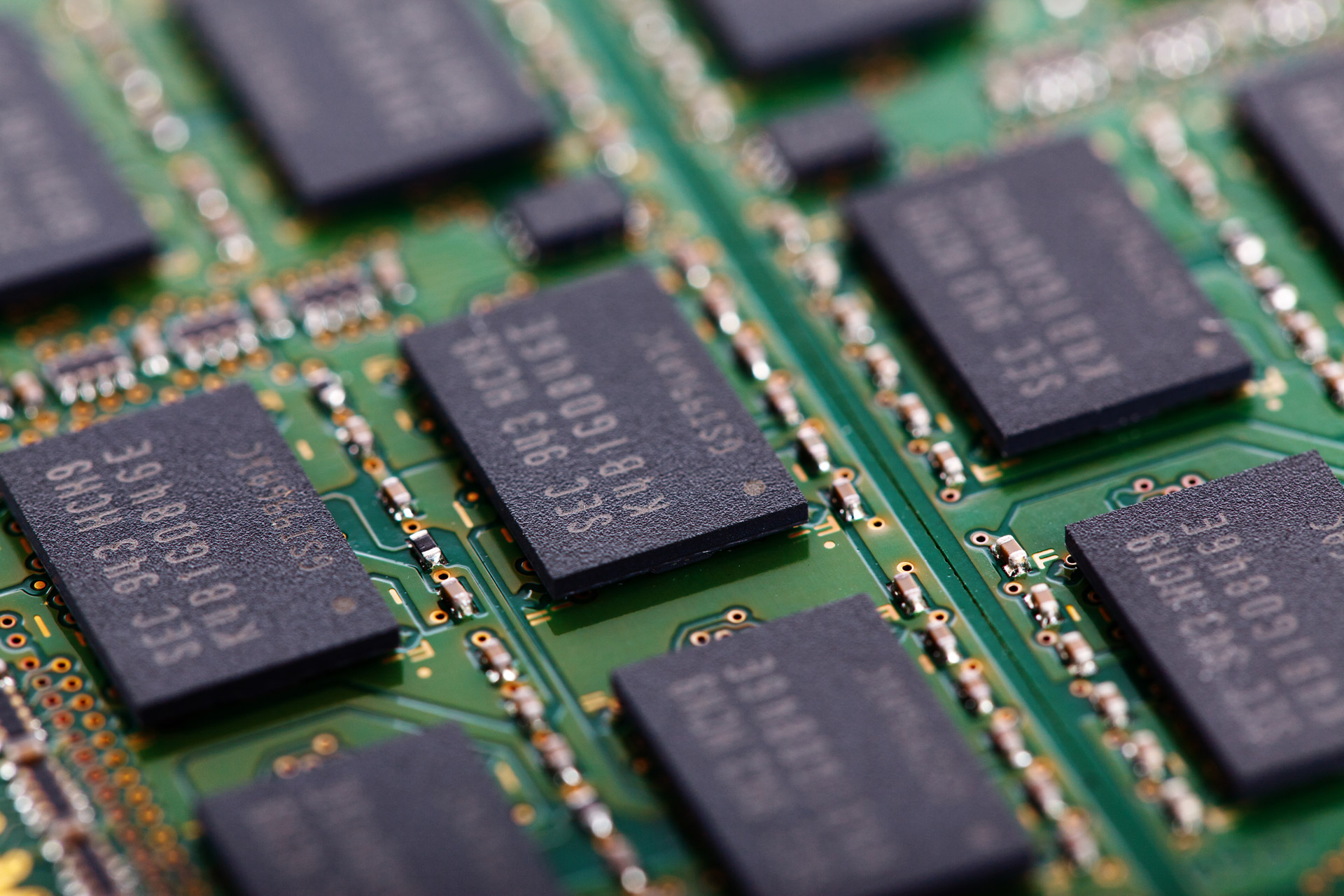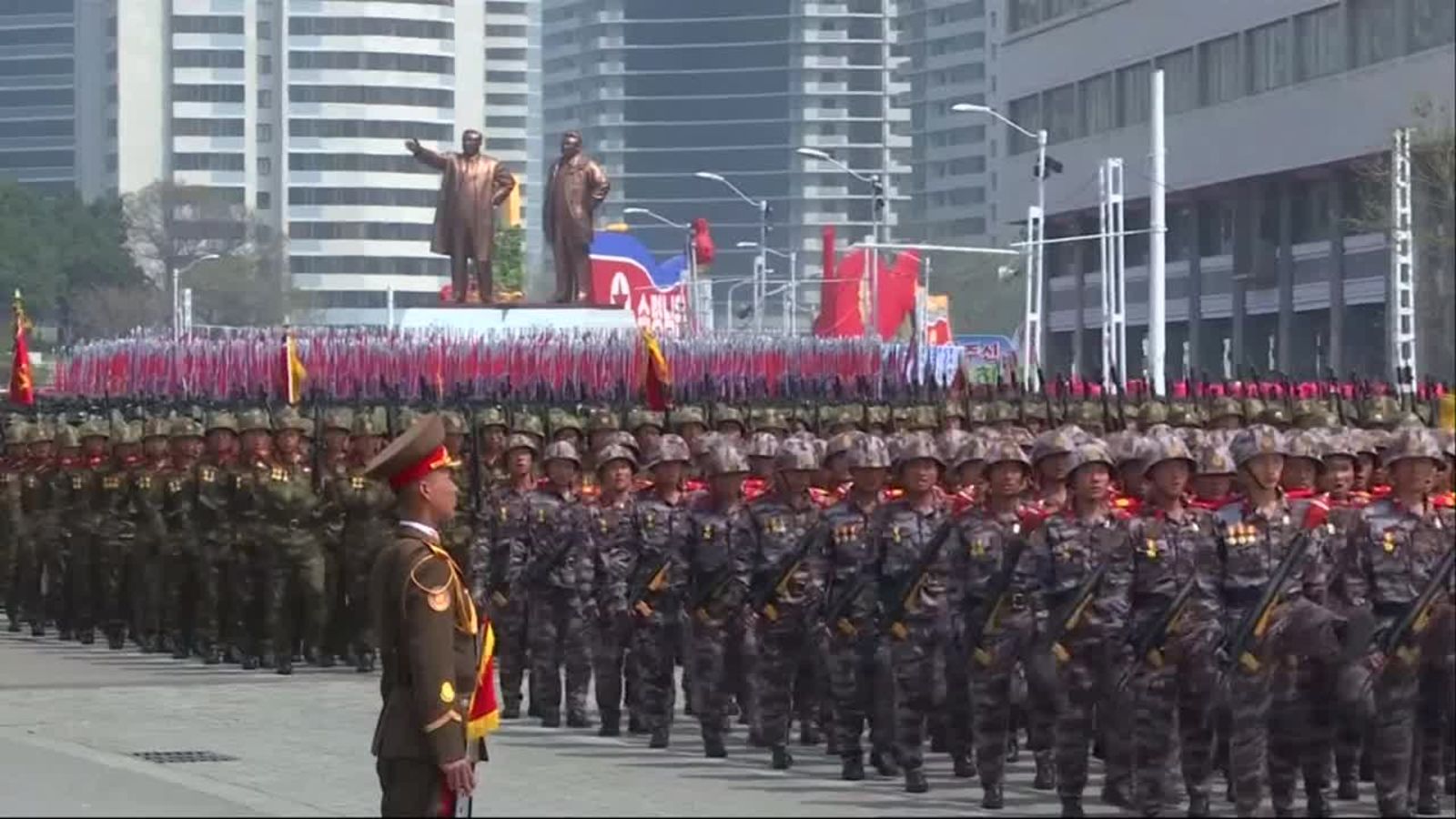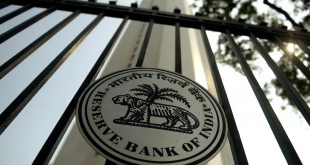For the last month the world has watched in fascinated horror as President Trump and Kim Jong-un have exchanged increasingly strong threats. The North Korean leader has threatened to turn the “West coast of the United states into ashes”. In response President Trump threatened that America would release fire and fury upon the North. The situation is continuing to escalate and this could spell disaster for the World’s economy. Not only would a conflict in Korea lead to massive loss of life, there is the very real risk that war in Korea could lead to skyrocketing electronics prices, severely damaging the Global economy.
There are fears that Trump’s escalations will lead to Pyongyang retaliating against the South
Many are becoming concerned that President Trump’s rhetoric could lead to an escalation of the situation in Korea. The North Korean government has routinely made threats against their neighbors and the United States but this is the first time an American President has indulged them. Indeed the President Trump himself has openly stated that military options are on the table. In response the North Koreans have stepped up their missile program and threatened strikes on Guam.
The most likely scenario is that the United States will avoid becoming involved in full scale conflict on the peninsula. Instead opting for surgical strikes against North Korean targets in an attempt to cripple their nuclear capabilities. The problem with this approach is that there would be enough warning to allow the North to prepare to unleash a weapon of mass destruction against the South and Seoul.
North Korean artillery is aimed squarely at Seoul
While the rest of the world frets over North Korea’s nuclear capacity life continues as normal in the South. The capital city of Seoul has lived under the shadow of potential annihilation since the 1990s.

Seoul’s population of 11 million live a mere 35 miles from the border of the rogue state. The city is under constant threat of being turned into a “sea of fire” by a North Korean artillery barrage. There are very real fears that North Korea will turn its sizable artillery corps into a weapon of mass destruction that has the potential to cause hundreds of thousands of civilian casualties.
Artillery is a major part of North Korea’s military doctrine. A North Korean regiment is equipped three artillery battalions, including one battalion of twelve 152-millimeter howitzers, two battalions with eighteen 122-millimeter howitzers and a MRL battalion of twelve 122-millimeter Katyusha truck-mounted MRLs. This gives them significantly more firepower than any American or South Korean division.
As deadly as this seems on paper a sea of fire scenario is unlikely there would still be significant casualties should the North begin to shell Seoul. Even if American and South Korean forces manage to silence the North’s guns quickly the damage to the city’s infrastructure could be catastrophic. This potential damage to infrastructure means that another war in Korea could lead to skyrocketing electronics prices.
South Korea is one of the World’s leading electronic manufacturers
South Korea is one of the largest electronics manufacturers in the World. It is home to some of the World’s biggest tech players such as; Samsung, LG and Hynix. South Korea also accounts for around 6% of the global supply of electronics. This might not sound like much but even a short conflict in Korea has the potential to deal massive damage to the World’s economy.
The electronics sector would be hit particularly hard and the global economy isn’t able to make up for the shortfall. A new Korean war could lead to skyrocketing computer and phone prices. Producers would be unable to source parts for their products. The supply of memory chips is already incredibly tight and competition for the parts is fierce. War in Korea could lead to skyrocketing electronics prices as the supply chain is interrupted. Parts might become so expensive that entire product lines could be put on hold. A war would also likely impact shipping to and from South Korea, making it harder for existing parts to leave the country.

China would be hit particularly hard by any war in Korea. The manufacturing powerhouse relies heavily on imports from South Korea in order to build phones, tablets, and computers. If the supply of computer chips from the south were to run dry then many Chinese factories would struggle to continue production. This could lead to factory closures and job losses.
A war in North Korea could lead to skyrocketing computer and phone prices. This would directly impact the GDP of Western nations. Spending on electronics helps to keep inflation down by around 1%. If this were to drop significantly there is the risk that inflation could increase by 1% or more across many Western countries. Consumer spending power would drop as a result and central banks might be forced to respond by hiking interest rates, potentially destabilizing the global economy.
Despite this investors seem to be unconcerned
Despite the growing risks of a conflict investors remain broadly confident and the South Korean stock market has continued to grow. Investors seem to be unconcerned by the growing war of words and are happily buying up shares in some of South Korea’s top exporters. Huge profits from companies like Samsung have buoyed the markets which have climbed by 9% to record highs this year.
In part this is due to South Korea’s general indifference to threats from the North. Pyongyang has regularly threatened to attack the South but a new conflict has never materialized. Many are viewing the confrontation between President Trump and Kim Jon-ung as just another act of chest beating by their Northern Neighbor. Encouraged by an American president who wants to join in and bang the drum.
Nobody really expects Trump to act
For all of the threatening rhetoric being flung between the United States and North Korea most people do not believe that Trump would start a conflict. A War in Korea could lead to skyrocketing electronics prices, a catastrophic loss of human life, and a major downturn to the World’s economy. The cost of conflict in the Korean peninsula would be so high that only a madman would pursue it.
Bill Clinton understood this in the 90s. Barrack Obama understood this during his tenure. We can only hope that beneath all the bluster Trump understands this as well.
 Tech Gadget Central Latest Tech News and Reviews
Tech Gadget Central Latest Tech News and Reviews




